The tea-drinking demographic is gradually shifting from being exclusive to the elderly to younger generations. Some prefer the fresh aroma of green tea, others the mellow sweetness of oolong tea, and some the rich hue of black tea. However, choosing tea that doesn't suit your body may cause discomfort, and excessive consumption can harm your stomach.

Chrysanthemum Tea
Many people enjoy chrysanthemum tea. Traditional Chinese medicine considers chrysanthemum sweet yet bitter and slightly cold in nature. While it can clear heat and detoxify, prolonged consumption is not recommended—limit it to once or twice a week. Those who are physically weak, spleen-deficient, stomach-cold, or prone to diarrhea should drink less, as it may cause stomach and bodily discomfort.
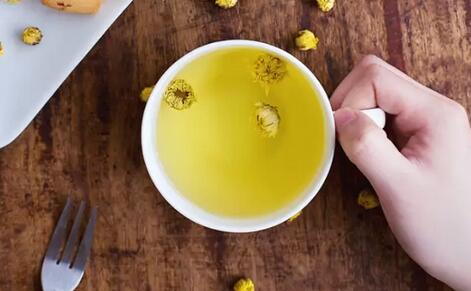
Green Tea
Green tea is effective in clearing heat and promoting diuresis, helping the body eliminate toxins. It works best for those with damp-heat constitutions and also has anti-cancer and radiation-resistant properties. However, green tea is the coldest among tea types, making it unsuitable for those with stomach coldness.
In northern regions with dry climates, damp-heat constitutions are rare, so drinking green tea often leads to stomach discomfort. Longjing, Biluochun, and Maojian are all green teas, and excessive consumption may aggravate stomach issues.
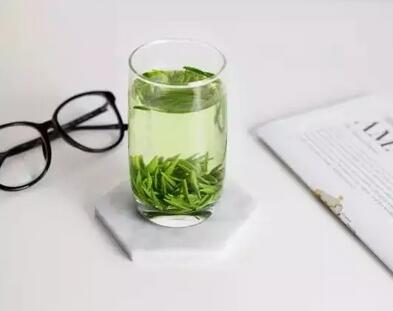
Yellow Tea
Yellow tea is processed similarly to green tea but undergoes an additional step to develop a "yellow leaf, yellow soup" appearance. It is a cooling tea that can significantly affect the stomach. Common varieties include Junshan Yinzhen and Huoshan Huangya, which are scarce and mostly sold locally.
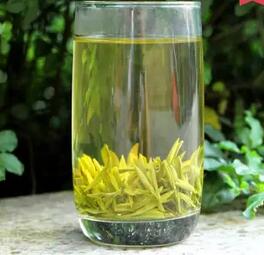
White Tea
In recent years, white tea's medicinal value has gained attention, making it more popular. It is often said, "One year of tea, three years of medicine, seven years of treasure." Main varieties include Shou Mei, White Peony, and Fuding White Tea. Generally, white tea is cooling and should not be overconsumed. However, aged white tea, having undergone oxidation, is milder and can be consumed moderately.
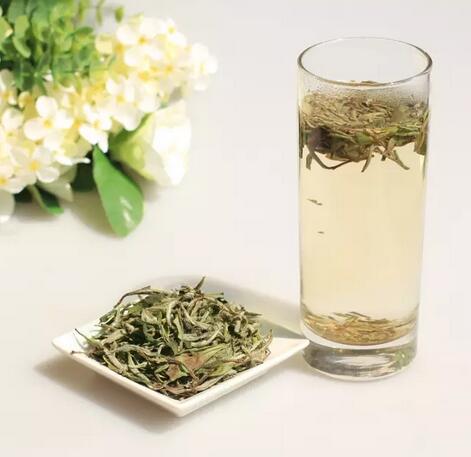
Raw Pu-erh
Pu-erh tea is widely recognized for its health benefits. It is divided into raw and ripe Pu-erh based on fermentation. Ripe Pu-erh, being fermented, is warm and suitable for those with stomach coldness. Raw Pu-erh, however, is strong and may irritate the stomach, so those with stomach issues should drink it sparingly.
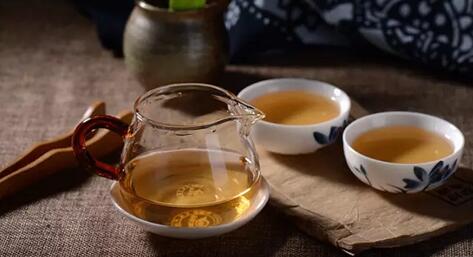
Herbal Tea
Herbal tea is made by boiling cooling herbs to relieve summer heat or treat dryness-induced throat pain. Because it is "very cold," it is not suitable for those with stomach problems and should be consumed minimally.
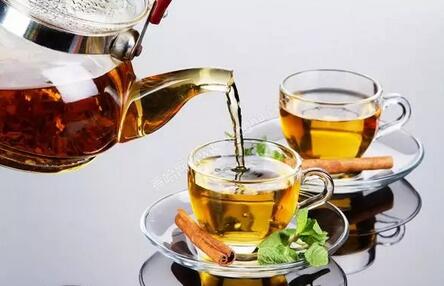
While tea is beneficial, it's essential to choose wisely based on your constitution. Balancing health benefits with mindful consumption is the best way to enjoy tea.